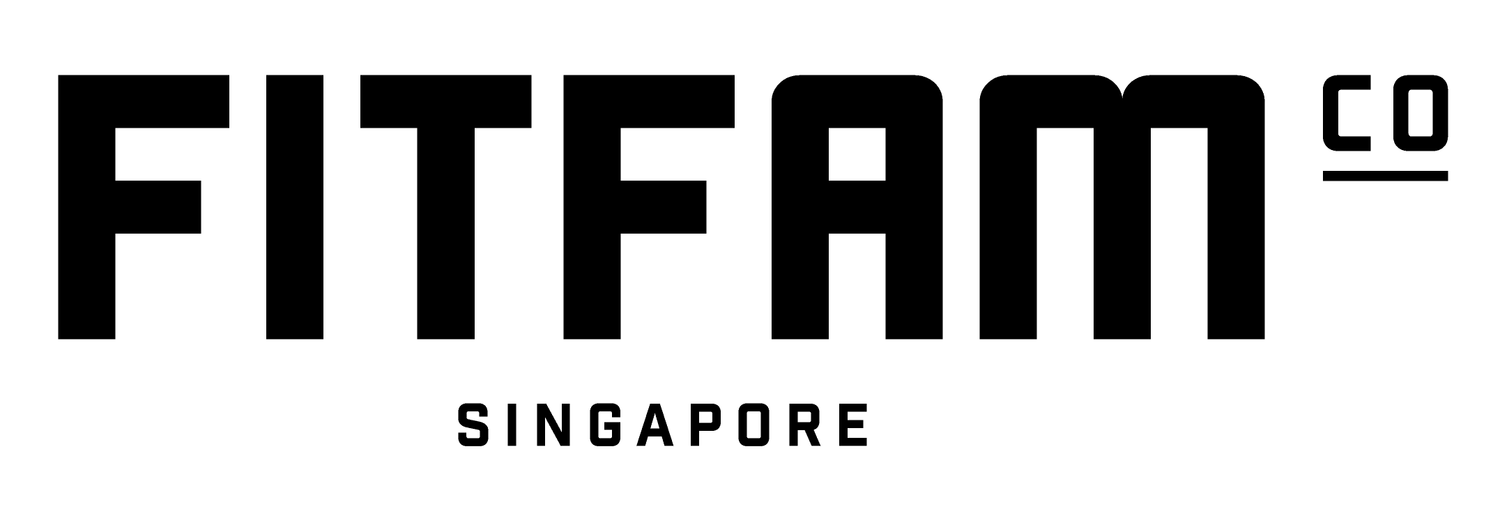What Diet Works For You?
When we think about weight loss, the biggest question asked is which diet works best, and you’ll get a bunch of answers. Cut the carbs, go keto, gluten-free, eat the horn of a unicorn, mix this herb you’ve never heard of into your food, drink this miracle shake that will totally change you into a supermodel.
Let me tell you a tiny secret: Every commercial diet available in the market right now works. They all come with pictures showing results, and in most cases, the popular ones show real, actual results.
Here’s the thing: with weight management, the general principle is simple – eat less than the total amount of energy you will expend daily, and you’ll lose weight. In other words, calories in, calories out (CICO). Well, the whole CICO continuum is a bit more complicated than those four words and is worth an article on its own, but for now, let’s look at some factors to consider before deciding to jump on the diet bandwagon.
Just a quick disclaimer though: Personally, I personalize nutrition and therefore do not recommend a specific diet to my clients.
1. What is your goal?
Possibly the biggest question would be your end goal. By now, it should be obvious that this article is all about losing weight. However, weight loss and fat loss are vastly different, and your chosen diet may affect your body composition accordingly. When you’re trying to lose weight overall and quickly, and the things you’re trying to lose (water, fat, muscle) don't matter, your goal is to simply make sure you eat as little as possible while still allowing your body to function. However, when you’re trying to maintain lean muscle mass while losing fat mass, you might need to have more protein in your diet, and incorporating high-protein foods.
2. What type of preference do you have?
Most cookie-cutter diets will have sets of rules and regulations, and with that comes a certain level of restriction. These restrictions can sometimes be as lenient as controlling food portions or as strict as cutting certain foods from your diet. When you’re forced to cut things out from your diet, the next real question you may need to ask yourself would be whether you would be happy without it. Because while it’s true that too much junk is bad for your body, a piece of chocolate can go a very long way in your diet. This leads to my next point.
3. How sustainable is the chosen diet for your lifestyle?
Ultimately, the best way to lose weight is the one that suits you most. It may require a little bit of trial and error, but a good nutrition plan will help you look forward to life in general, while the food you eat will keep you energized. After all, food is fuel, not just for the body, but also for the mind. It is important that when you choose to work with a nutrition plan, you feel in control while looking forward to your day. At the end of the day, while there are many different types of fad diets out there, the cookie-cutter structure of these diets requires a certain commitment for them to be effective. If you manage to find one that works for you, that's awesome! But if not, it may mean that an individualized approach could work better for you, and that is why we are here to help you succeed!
Take-home Tip: Start by choosing real foods instead of eating processed food. Incorporate low-calorie meals and consider methods like intermittent fasting to create a calorie deficit effectively.
How do you know if your food is processed? Read the ingredient list! If there is an ingredient that even you or your grandma don’t know how to read or know what it is, it’s processed. Real foods are good because you know where they come from, for example, your vegetables and meats.
If you’re interested in specific strategies for managing conditions like hypothyroidism, read more in our blog on "Hypothyroid Diet Strategies For Weight Loss".
If you need more personalised dietary and lifestyle advice, you can reach out to us here.
This article is written by our sports nutritionist, James Yeo, who specialises in weight management, functional fitness, and personalised performance nutrition optimisation.
Edited by the FITFAMCO Team.

